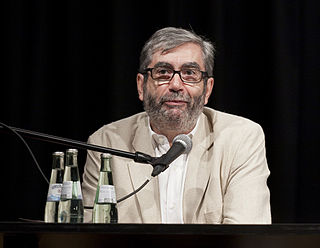A Quote by Samuel Taylor Coleridge
The genius of the Spanish people is exquisitely subtle, without being at all acute; hence there is so much humour and so little wit in their literature.
Related Quotes
Probably there is an imperceptible touch of something permanent that one feels instinctively to adhere to true humour, whereas wit may be the mere conversational shooting up of "smartness"--a bright feather, to be blown into space the second after it is launched...Wit seems to be counted a very poor relation to Humour....Humour is never artificial.
As for literature – to introduce children to literature is to install them in a very rich and glorious kingdom, to bring a continual holiday to their doors, to lay before them a feast exquisitely served. But they must learn to know literature by being familiar with it from the very first. A child's intercourse must always be with good books, the best that we can find.
The true and lasting genius of humour does not drag you thus to boxes labelled 'pathos,' 'humour,' and show you all the mechanism of the inimitable puppets that are going to perform. How I used to laugh at Simon Tapperwit, and the Wellers, and a host more! But I can't do it now somehow; and time, it seems to me, is the true test of humour. It must be antiseptic.
It seems to me that literature is giving way a little bit to the immediacy of other diversions, other forms of entertainment. What will it be in fifty years? I don't know. Will there be printed books? Probably, but I'm not sure. There's always going to be literature, though. I believe that. I think literature has a way of getting deep into people and being essential. Literature has its own powers.
An adult human can last 40 days without food, a week without any sleep, three days without water, but only five minutes without air. Yet nothing is more taken for granted than the air we breathe. However, not just any air will do - it must be exquisitely designed to meet our needs. Too little oxygen in the atmosphere will kill us, as will too much.





































